Sometimes friends fight. For any particularly well-adjusted friend group, it can be about petty things or serious things, but if the group is close enough, through either personal growth or the unending march of time, things are usually settled. But sometimes…they linger. They fester. They eat away at the heart of what brought you and your pals together in the first place, but…it’s too late now. You’re 30. Do you have ANY IDEA how hard it is to cultivate a new group of friends in your 30s?! So sometimes, instead of breaking up the gang, you introduce another member of the group: a scapegoat to blame all the problems on. In lieu of a new person, sometimes the scapegoat need be nothing more than a board game. Here are nine great competitive board games for the friend group that secretly fucking hates each other.
Honorable Mention: Cards Against Humanity
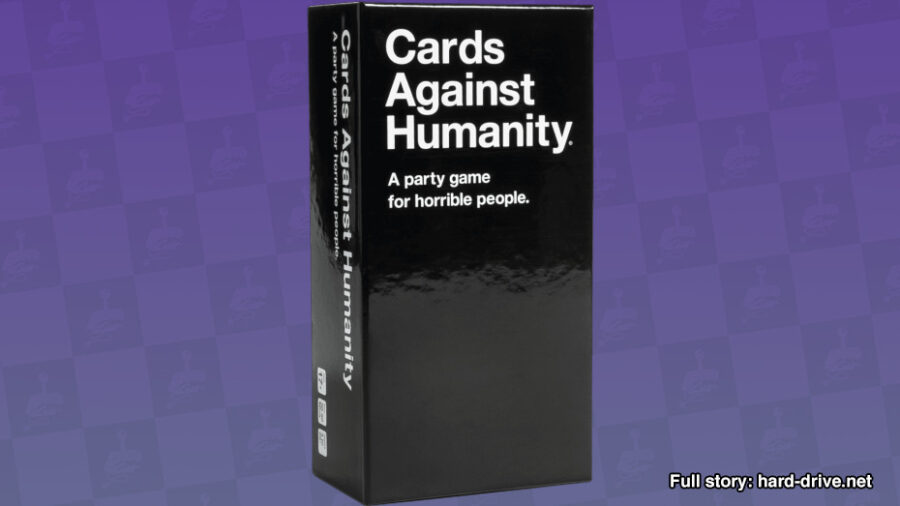
What started as an icebreaker for gathered acquaintances to get to know one another better has morphed into “Edgelord Apples-to-Apples” seemingly overnight. Instead of giving insights into things a group wouldn’t normally discuss, every game just ends with “HITLER’S ORPHANAGE ON FIRE” and no one has actually learnt anything except who’s most likely to someday give an apology that involves the phrase “I’m sorry you were offended.” Only good if you genuinely want to break up the friend group, but if I didn’t include it, people with the most lukewarm takes would insist I ‘forgot’ it. (Even though Apples-to-Apples is actually the far superior version, long-term)
#9. Warhammer/Warhammer 40,000
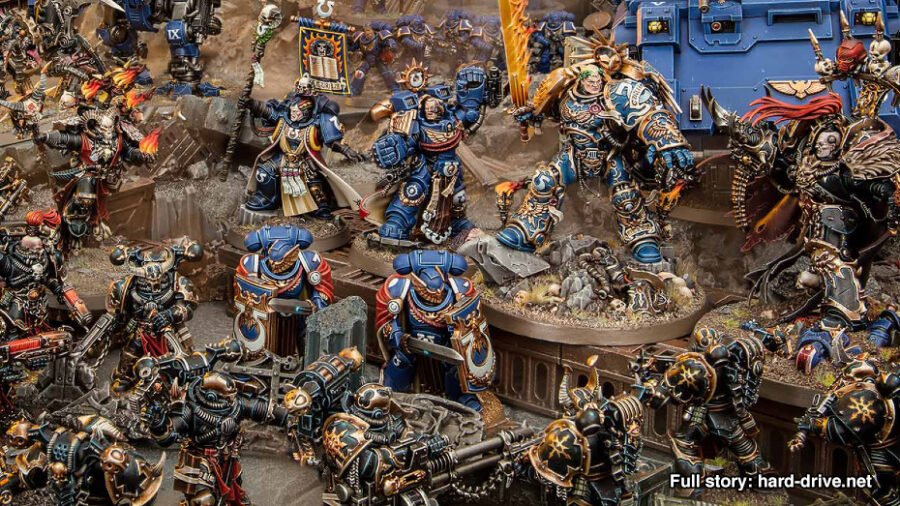
While on the surface it’s a dense tactics game with an absolute boatload of customizability and actually-excellent surrounding lore that can be played using you furniture as “terrain,” anyone who tries to convince you to play it probably secretly hates you, and especially your bank account, at least a little bit. Still, there’s a reason it’s endured for decades, and with more and more YouTubers who aren’t obsessed with the Space Marines’ emphasis on religious fervor and eugenics: maybe take a look anyway? At the very least: those Horus Heresey books that Smokebreak Vinny (who makes every game take twice as long because “vaping’s for kids” and so is time management, apparently) keeps talking about are actually pretty sweet.
#8. King of Tokyo
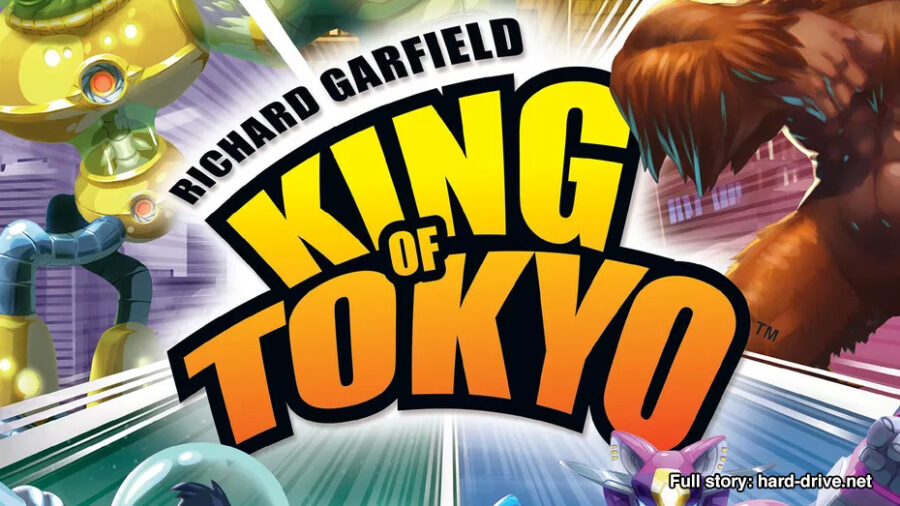
A game that was more than happy to ride the post-Pacific Rim Kaiju Kraze to great effect, players take control of their favorite giant monsters (or quirky pilots of giant robots) and take turns tearing chunks out of each other, and the aggrieved Japanese metropolis, to earn points. The part where the knife turns is that everything is done with dice rolling and push-your-luck mechanics that really tend to bring out the worse peer pressure this side of a “Just say no” PSA. A stack of superpowers anyone can buy stops the game from being only dice rolls, but the real meat lies in encouraging your friend Ken, currently doing his third rail in 20 minutes to “get in the headspace” of a bunny piloting a giant mechsuit, to reroll a perfectly fine result to try for their “Big One” power card. Having them succeed is sweet…but nothing’s sweeter than when they fail it!
#7. Betrayal At Hill House
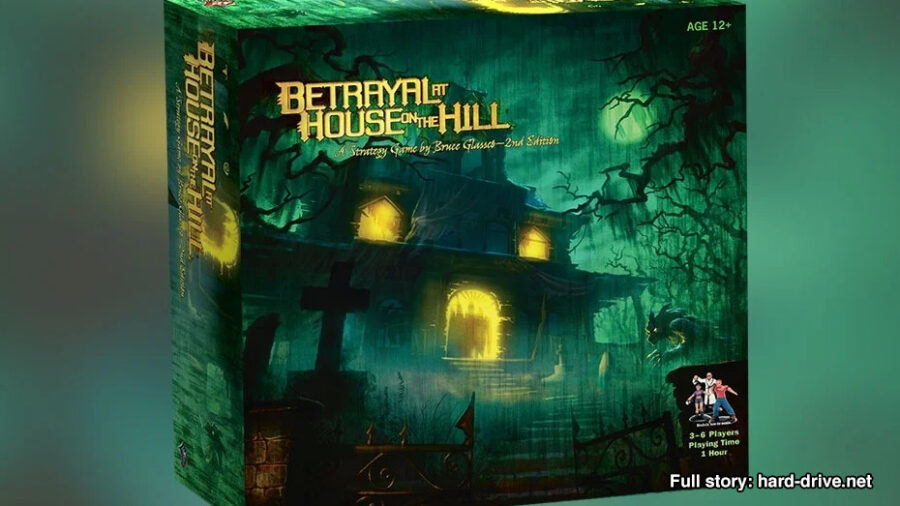
This is a 1-VS-Many game that actually starts with everyone on the same side until an event within the game causes one of them to become a “traitor” and begin to play a new game against the remaining group. And while the game is a brilliant blend of roleplaying and rigid mechanics with just enough randomness to avoid dogpiling, you also could pretty easily rig the betrayal mechanic in this haunted house roleplaying board game, in case there is a member of the squad that everyone unanimously dislikes, but hasn’t become the official scapegoat for whatever reason. The game is fairly well balanced and the “1” might enjoy being the center of attention, especially if they’re Theatre-Kid Daniel, since Daniel only has to work alone. (And yeah, he insists on putting the “e” at the end the word theatre, of course he fucking does). I’m getting so sick of Daniel, dude.
#6. Smash-Up
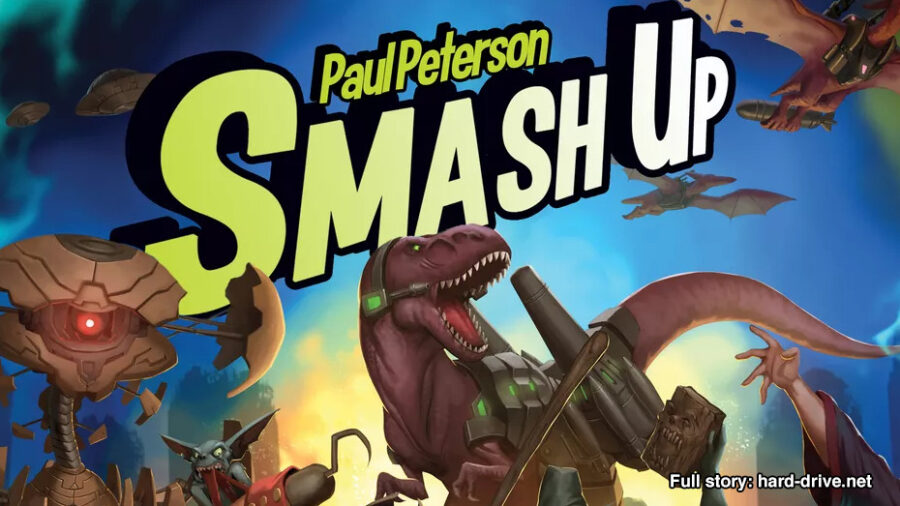
A deckbuilding game where two factions, represented by decks of cards, are literally smashed/shuffled together to form one cohesive legion. So you can wind up with Zombie Robots, Alien Cats, or, if you’re feeling basic and yearning for 2005’s hottest memes, Pirate Ninjas. The game tends to reward cascade/combination-style play, which really makes for massive plays once decks rev up. Plus it functions as an easy to way to see if there’s anyone you really should just ostracize, as anyone who picks the Geeks faction more than once is…just the worst kind of person. Everybody gets once, DANIEL! ONCE! Do it a third time and see what happens, dude. There are combinations you haven’t even DREAMED of that I’ve been holding back, Daniel…
#5. Dead of Winter
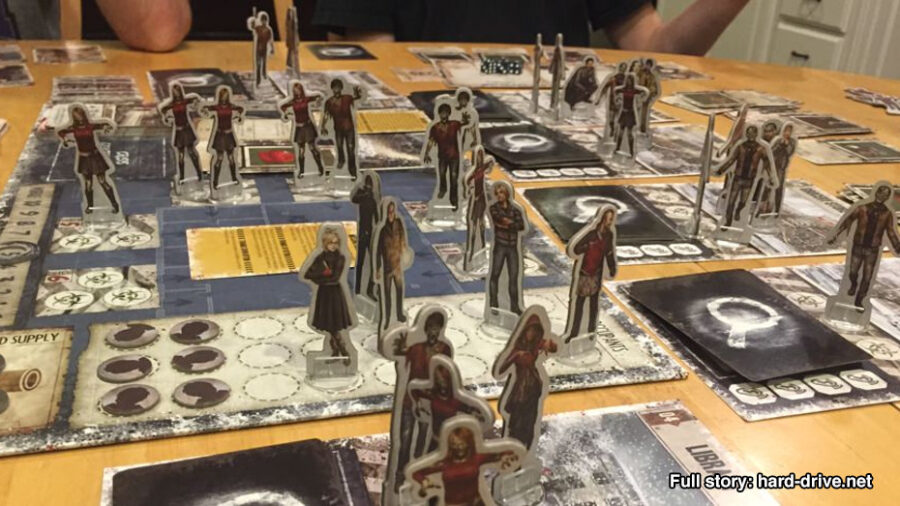
The Walking Dead’s never-ending march from white hot into irrelevance made this hard to recommend for a while, but it’s actually gotten easy again as it shockingly turns out “zombie media done well” is an evergreen concept. And this is a zombie survival game done very, very well. It’s your settlement VS zombies VS another NPC settlement that doesn’t always enter into the game, and one of your players might be a traitor. There’s still plenty of tension in a non-traitor game, as obviously a real traitor would never out themselves, but even people who are on the same “side” often have goals that don’t intersect, so helping a so-called “ally” can even become a matter of bargaining, and some folks like to hold grudges, even, I dunno, grudges brought over from other games. Simple, yes, but since the traitor mechanic is random, and might not occur, no single, bitter, resentful, angry, “theatre” kid who’s name starts with a D and who never made it further than a college stage can consistently steal the spotlight. So that’s cool!
#4. The Thing: Infection at Outpost 31
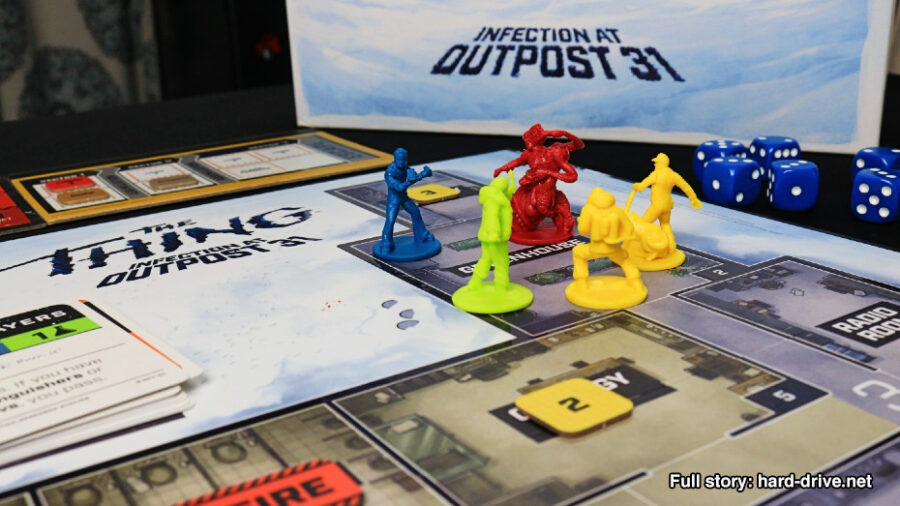
Like the above game, but with the risk of there always being a traitor that then becomes a team all its own. There’s also no way of conferring or confirming who belongs to which side unless you go full, “That’s not Bennings,” and blow your own cover…which is absolutely viable if you’re pulling the spotlight off of someone who can remain hidden. Based on the John Carpenter classic adaptation of the incredibly named short story “Who Goes There?” the climax of this game comes when any number of players have escaped, and if it’s more than one, the appointed captain must pick who’s coming with them and it can’t be “No one else,” and everyone must then be checked for infection. I’m not saying any friend group worth its salt-and-cheap-tequila would recreate the famous petri dish/burning wire/bloodletting scene…but it’d be PRETTY COOL if ours did, wouldn’t it? I mean I’m just saying: Kendra’s a nurse practitioner, she has a scalpel, and we’ve got this petri dish…it’d be PRETTY COOL, huh?
#3. Risk Legacy
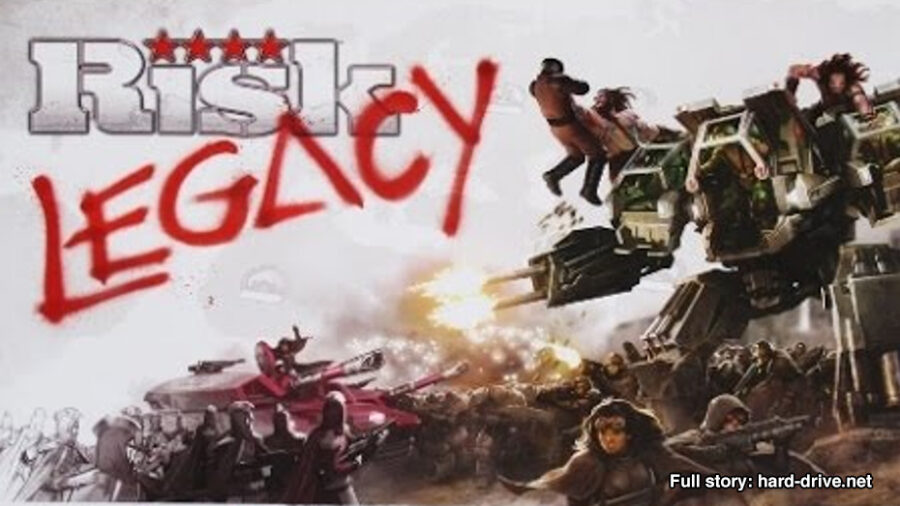
If you think this friend group isn’t going anywhere, then why not invest in this twist on Risk that requires 15 games to “complete” and can fundamentally change the map, available factions, and abilities at any point between games 2 and 15? Part of the Legacy line of reinventing classic and modern games, where the state of play at the end of each session actually changes permanently as more and more games are played, it makes Risk incredibly fun and far more strategic, as there’s a lot more than squatting in Australia rolling dice forever. And that’s before taking into account the added bonus of genuine hidden unlockables and individual faction/team abilities. And you can easily give the boot to any killjoy who looks up what’s in the hidden “NEVER OPEN THIS” envelope, because they are clearly without joy unless it come at the expense of others and are a bad friend. Sure, they might not be a bad person overall, but why hang out with someone so dedicated to ruining the group’s fun for a cheap, personal thrill?
#2. Diplomacy

This one’s probably going to be the toughest sell, no matter how close your group of misanthropic weirdos who barely tolerate one another might seem. A largely text-based game that functions on non-specific rules and consequences, but hinges on written actions that all occur simultaneously, I’m out of breath just trying to type a very basic explanation of this incredibly complex, ocean-deep game. But truly, for simmering resentment and passive-aggression built over silent years enabling each others’ worst vices? You cannot find a better game. You will be amazed as the friend you assumed was the quiet/awkward one just quietly/awkwardly wins the whole thing.
#1. Munchkin
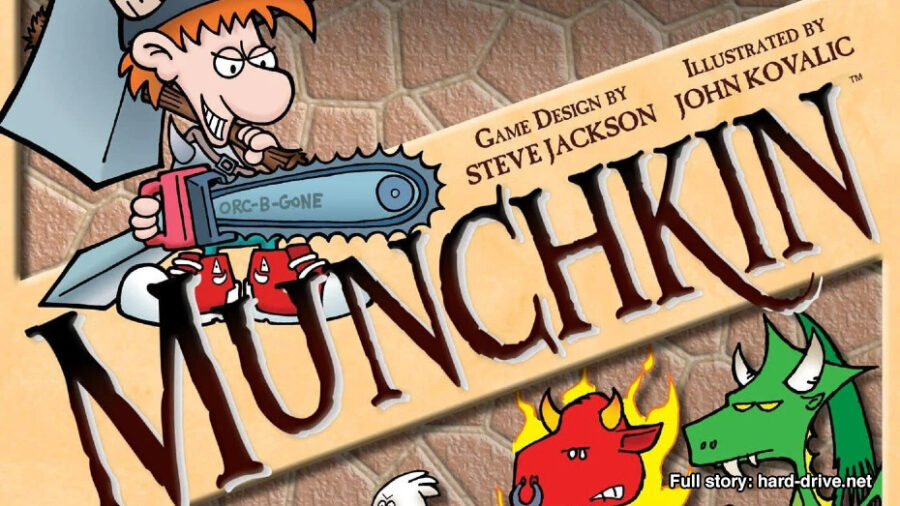
Look, if you’re at all familiar with boardgames or card games or have looked toward a store that’s even heard of board games in the last 20 years, you knew this was coming. But that’s because the obvious answer is obvious for a reason: and Munchkin might as well come packaged with a dagger wreathed in velvet to plunge into the back of a “friend” at the climax of this whimsical, cartoonish game. The base system (there are innumerable spin-offs and expansions covering a wide swath of genres and content from superheroes to Eldritch horror to time travel) is a simulation of a randomly-generated dungeon crawler: playing a deck that has treasure, monsters, and hazards and either helping or hindering one another actively. The goal is simple: the first person to make it to experience level 10 wins but the game is built around getting as close to level 10 as possible before EVERYONE ELSE starts to dogpile and screw them over to prevent them from winning . So one of your other dipshit friends, probably Joey who chugs 40s and smokes blunts but never has gas money, can quietly sneak in and actually win. And it’ll happen every single time and everyone will go home pissed off, except Joey who’s going to get another 40, and then, FOR SOME REASON, suggest playing again AND YOU’RE GOING TO SAY YES! Because this game has endured shattering friend groups for over 20 years and is still going strong because it’s just SO easy to start and SO FUN TO PLAY!




